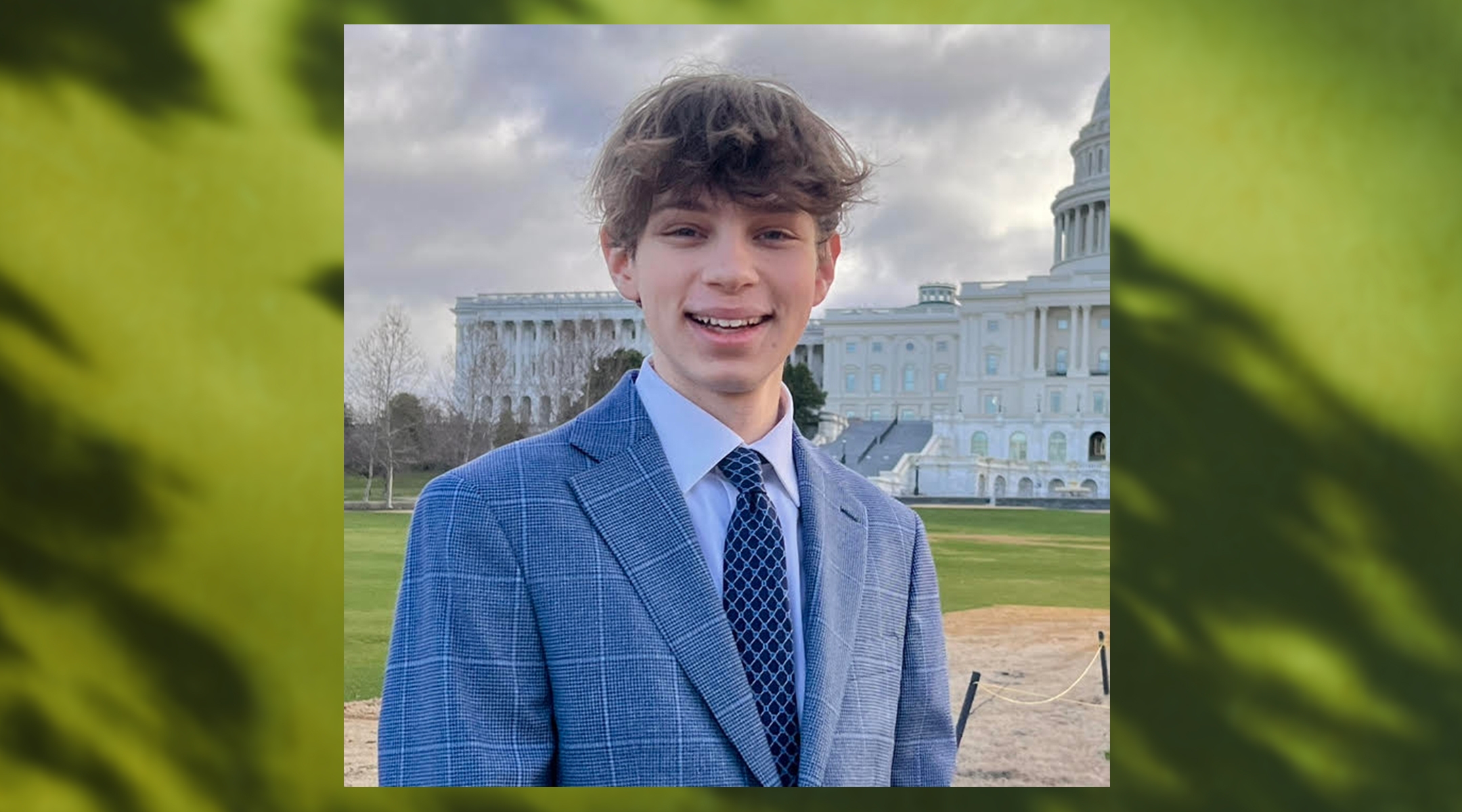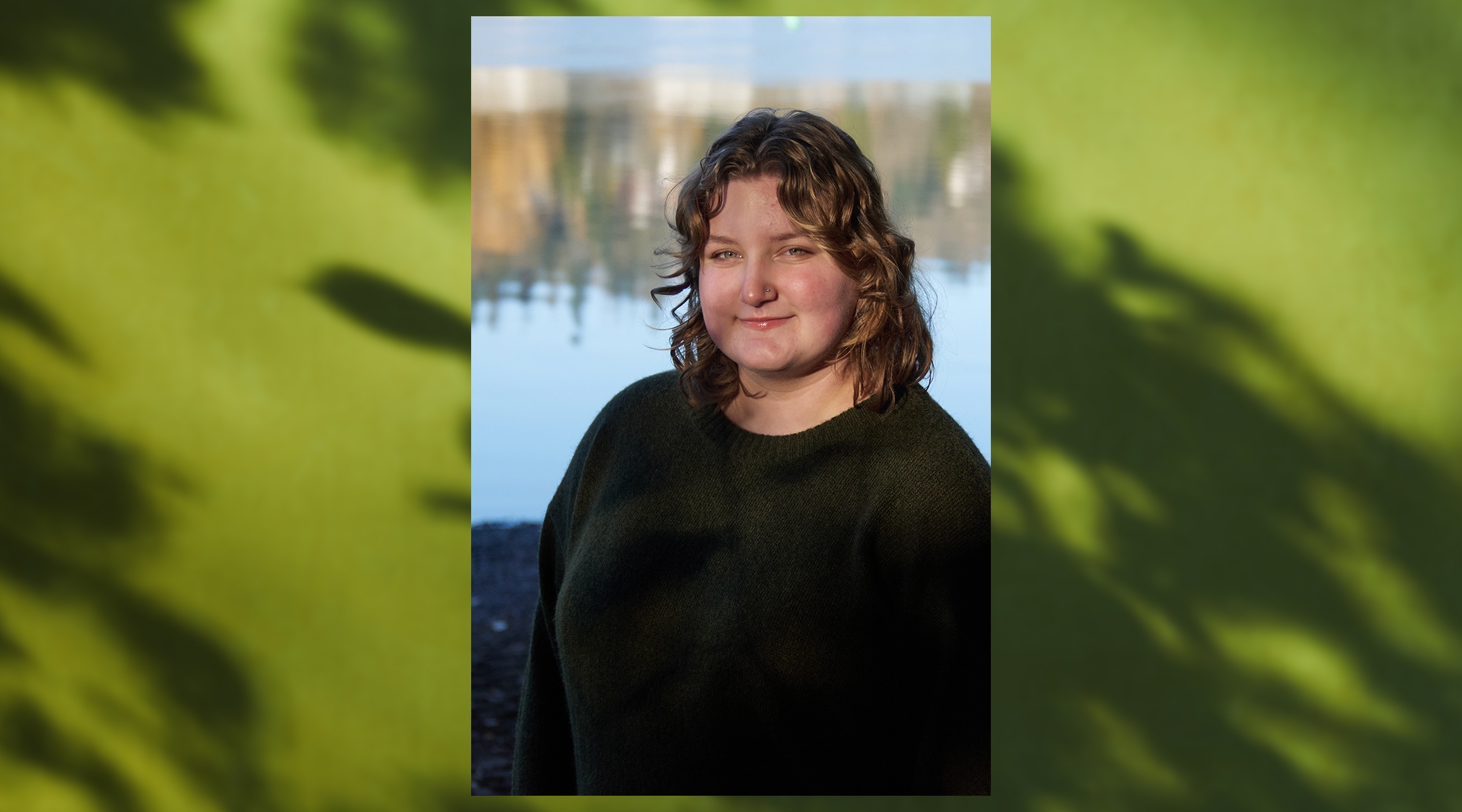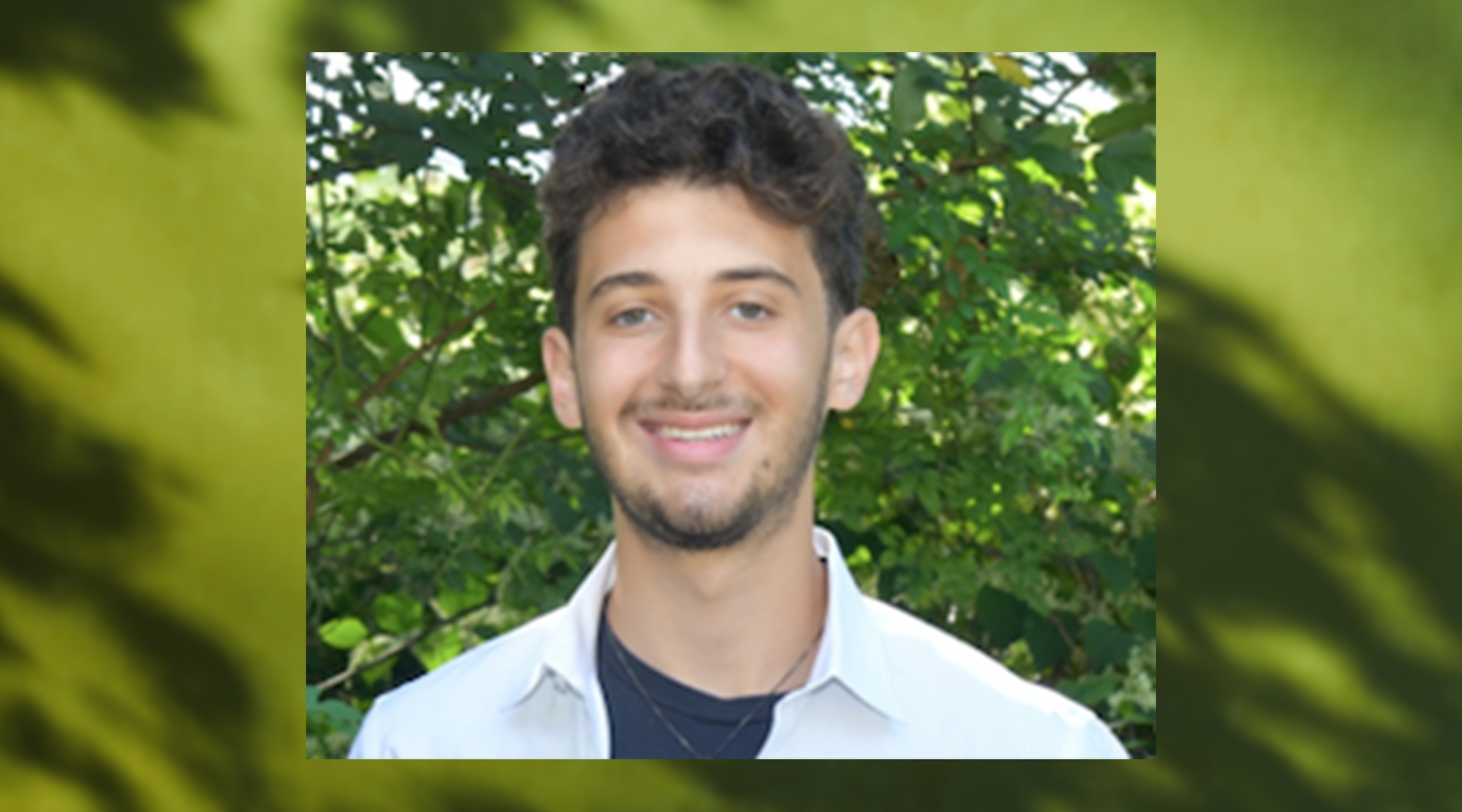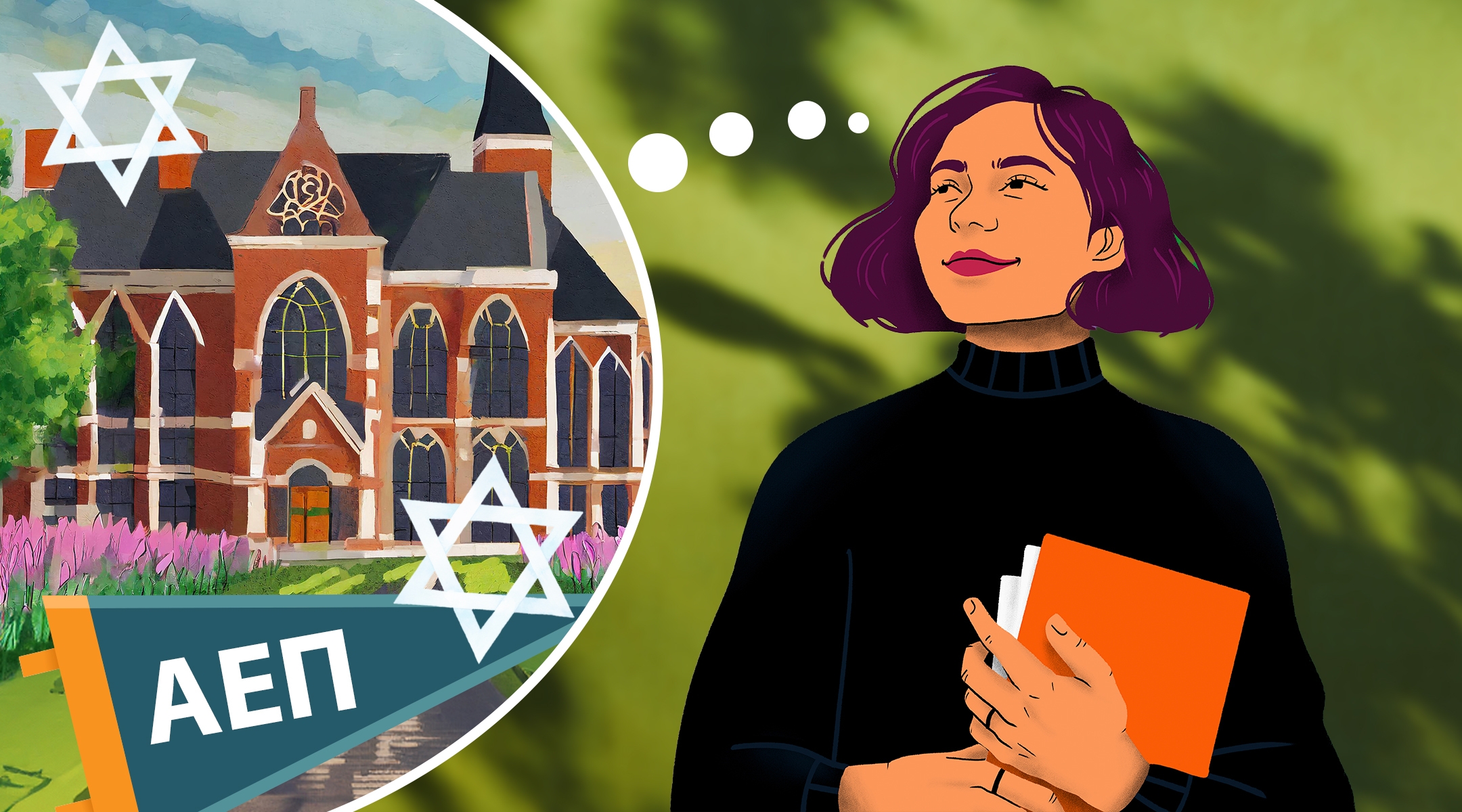(JTA) — Jewish high school students are looking for more than just an active Greek life or Ivy prestige when they put together a short-list of colleges to apply to. As the Jewish Telegraphic Agency’s Jacob Gurvis reported recently, real and perceived antisemitism on campus is a big factor for many teens deciding where to spend the next four years. The Hamas attacks of Oct. 7 and the subsequent war have made colleges and universities hotbeds of pro-Palestinian and anti-Zionist activism, which critics on and off campus have said often cross the line into antisemitism.
Such incidents have inspired a new set of criteria for Jews applying to colleges. Are colleges “safe spaces” for Jewish students? Do they have the critical Jewish infrastructure to make students feel they are not alone? Are there policies in place to ensure a healthy learning environment for all students, and do the administrations enforce them?
JTA asked three seniors to share with us what their college application rollercoaster has been like this year.
‘I need assurance that the schools will respond with action’
Josh Jury, 18, Homewood, Illinois

(Courtesy)
One of my top college choices is George Washington University. I love the lively city campus, the prestigious international relations programs and, especially, the school’s incredible and active chapter of Hillel. As a Jewish teen, identifying colleges with a functional Hillel has been an important criterion in my college selection process.
But when I heard that the university’s library was defaced with projections of antisemitic messages in October, I felt dismayed and disturbed. Just months prior I had toured the very building that was now utilized as a canvas for hate. In my eyes, the university’s initial response and condemnations weren’t strong enough to evoke comfort for a Jewish teen. With an uptick in antisemitism on college campuses, I need assurance that the schools won’t just respond with statements, but with action. Belonging to an academic environment that is safe for Jewish students is a college criterion that I can’t compromise.
I soon learned that the surging antisemitism on campus was not exclusive to GWU, but rather an addition to a growing list of incidents at numerous other universities in which I’d shown interest or toured. This includes Tulane, where extremist protestors assaulted Jewish students, and the University of Tampa, which became the target of a federal investigation due to growing antisemitic incidents on campus.
I’ve always imagined myself going to college directly after high school, but the soaring antisemitism and the inaction of universities have led me to take another path — the Aardvark Gap Year in Israel. The gap year program offers an opportunity for me to grow independent, take on internships aligned with my passions and gain college credits that could be utilized once I apply to schools next fall.
This past semester I saw the impacts of studying abroad in Israel first-hand. I was enrolled in a high school study abroad program in Israel and loved the ability to be proudly and safely Jewish in an academic space. The day the Israel-Hamas war began, my classmates and I were woken by blaring sirens and rushed to a bomb shelter. Despite the grim news from southern Israel, it was the holiday of Simchat Torah and my teachers and counselors attempted to maintain a sense of normalcy around the holiday. Seeing the country I had spent two months in now torn by war was unimaginable, but I found strength in my school community. I returned to the states a week into the war and in the middle of my fall semester of senior year. My dream of studying abroad in a Jewish safe space was shattered as our program was forced to an end, but the inspiration that got me there remained.
When I returned to the U.S. amidst the ongoing war in Israel, I was hurt seeing some of my prospective colleges failing to combat the hatred toward Jewish students. I hope in the time of my gap year, George Washington University and others will have a better grip on antisemitism and take tangible action to protect Jewish students. And even if nothing changes, at least I can rely on my time studying in a Jewish space that will give me the resources and agency to feel confident on their campuses.
‘I could not apply somewhere where I would be unsafe’
Maddie Teitelman, 17, Portland, Oregon

(Courtesy)
Growing up in a suburb outside of Portland, Oregon, I was the only Jewish student in my classes until high school. I longed for the experience my dad had growing up on the East Coast surrounded by a large Jewish community, being involved with activities at his local JCC and dining at kosher restaurants with family and friends. I imagined attending Jewish Student Union meetings or dinners at Hillel. By the time school started this year, I narrowed down my list of dream schools to Columbia, NYU and Fordham. I chose Columbia and NYU because of their relatively large Jewish student populations and Fordham because I knew a few alumni and current students.
As soon as the war broke out in Israel, I began monitoring the websites and social media pages of “my” schools. In the following weeks, Columbia and NYU repeatedly appeared on my news feed for inaction against student groups that praised Hamas and threatened Jewish students. It was heartbreaking, but I removed them from my list of schools. I could not apply somewhere where I would be unsafe, and ignored by administrators.
By the end of December, I applied to only six colleges: four West Coast schools, Fordham, and Hampshire College in Massachusetts, a school where over 40% of the student body is Jewish. Finding a school with a Jewish community had always been important to me, but now it felt vital. I routinely checked the news for instances of hate on the campuses of those six and I found no notable incidents. I also monitored the social media accounts of each school’s Chabad, Hillel or Jewish Student Union to see how the school’s Jewish students were coming together as a community. I was relieved to find that these groups were still hosting weekly Shabbat dinners and other gatherings because it felt like a sign that the students there felt safe to be proudly Jewish.
My bubby knew I had been looking at colleges on the East Coast and told me she would be concerned about my safety if I ended up far from home. Knowing that my bubby, a proudly Jewish woman, was concerned about my safety because I’m Jewish was heartbreaking. I knew then that because of the rise of antisemitism across the nation I needed to be sure that I’d be safe and have my family and my support system close by. Though Hampshire is not completely off my list because of the strong Jewish community, I am carefully considering whether or not I am okay with being so far away from everyone I know, especially when facing antisemitism.
I haven’t decided where I’ll be going next year due to FAFSA delays and March dates for admissions decisions. I still look forward to my college experience and I know there are Jewish organizations on each campus. I know I will find a community of Jewish peers, even if it isn’t in the setting I originally planned.
‘My list became about the strength and resilience of the campus Jewish community’
Josh Lancman, 18, West Orange, New Jersey

(Courtesy)
Early on in junior year, I worked out a process to touring colleges:
- Email the rabbi (Chabad or Hillel) ahead of time to find a Jewish student to host me for the weekend. This never failed, and usually my host and I knew at least a few people in common.
- Book a tour on Friday before Shabbat. Arrive early that day and ask the tour guide (likely not Jewish) about Jewish life on campus. (“Chabad” would usually be pronounced with a “ch” as in “chat” or “h” as in “hut,” and, when asked about antisemitism, the tour guide would likely respond by saying that it didn’t exist on campus, even if that wasn’t true.)
- Enjoy the weekend and become part of the campus Jewish community, if only temporarily.
After repeating this a few times, antisemitism became an important consideration for me when determining which colleges to apply to. Touring colleges as though I was already a student there prompted me to avoid going to schools where antisemitism was an active issue, and where, I felt, I would plausibly be in danger just visiting for a few days. Hearing from a friend at one small liberal arts college how students would casually talk about hating Jews made me cross that school off. For similar reasons, other similar colleges followed.
Back in March of last year, when anti-Israel protesters at Tufts disrupted a talk by Israeli and Palestinian peace activists, I quickly canceled my trip to that campus. My list shrunk to colleges I deemed safe for Jews.
Yet after Oct. 7, no place, it seemed, was completely fine (see here, here, here and here). My application list became not about safety, but about the least unsafe. Rather than a lack of antisemitism, the strength and resilience of each campus’ Jewish community in the face of hatred became my main reason for applying.
Cornell University, where my cousin arranged a visit of support from New York Gov. Kathy Hochul after a threat on the Center for Jewish Living, quickly shot to the top of my list. Although antisemitism appears to be still prevalent, the Jewish community remains strong, with support from non-Jewish students in several university-wide Shabbat dinners, one of which I attended back in October.
My touring procedure, at first a way to have fun, experience the social life and save some money on hotel rooms, became a way to gauge my prospective community for the next four years, seeing who I could go to when, almost inevitably, I experienced antisemitism.
JTA has documented Jewish history in real-time for over a century. Keep our journalism strong by joining us in supporting independent, award-winning reporting.






